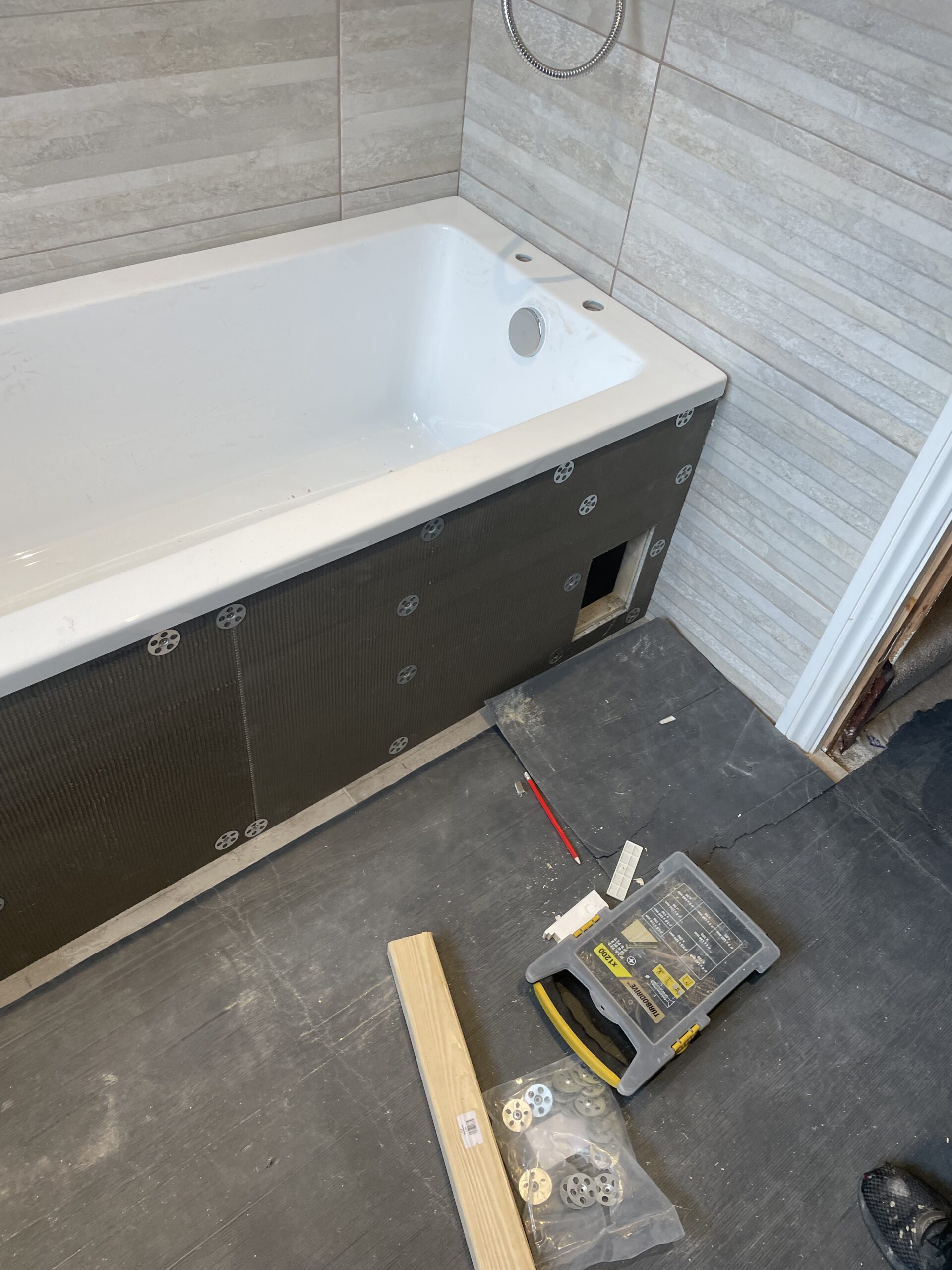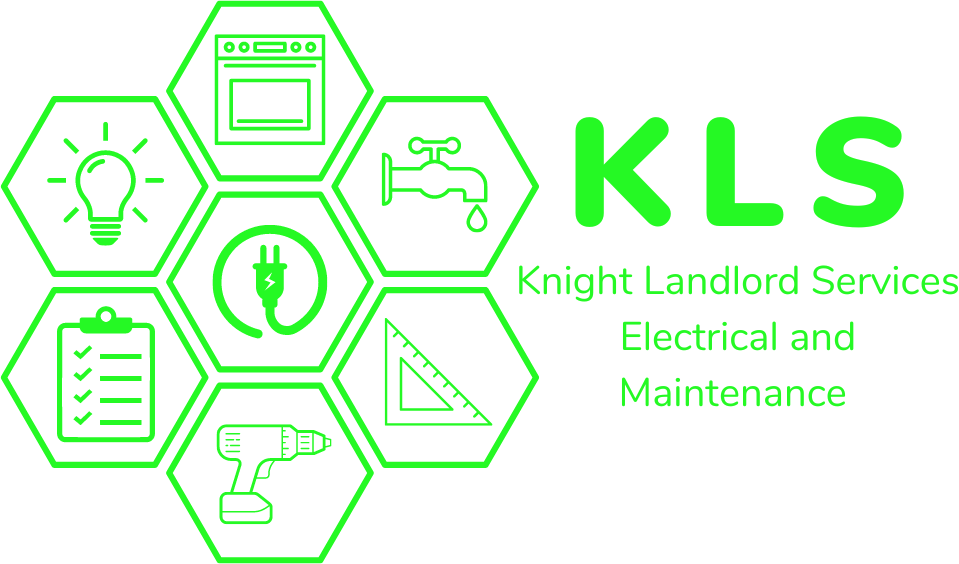If you’re considering planning a home improvement project in Chichester, there are several key things to understand before getting started. Whether you’re renovating your kitchen, adding an extension, or updating your home’s overall look, proper planning is crucial to ensure the process goes smoothly. Effective planning will not only help you save money and time, but it will also help you avoid common challenges that often come with home improvement projects.
In this article, we will cover the essential steps involved in planning your project. From understanding local regulations and planning permissions in Chichester to setting a realistic budget, we will answer popular questions homeowners often ask before starting a renovation. These insights will help ensure you begin your project with confidence and keep it on track.
For those who are new to home improvement or want to ensure their projects are carried out successfully, this guide will help you navigate the process with ease. We will also discuss the importance of hiring qualified contractors, how to handle planning permissions efficiently, and how to prevent common delays and issues that can arise along the way. Whether you’re tackling a small upgrade or a large-scale renovation, this guide will provide you with the key knowledge needed to make your project a success.
Setting A Realistic Budget for Your Home Improvement
One of the most important steps in planning a home improvement project in Chichester is setting a realistic budget. Without a clear financial plan, costs can quickly spiral out of control, leading to unfinished projects or cutting corners. A well-thought-out budget ensures that you can complete the project to a high standard without unnecessary stress.
1. Start with a Clear Vision: Begin by defining exactly what you want to achieve with your home improvement project. Are you renovating a single room, such as a kitchen or bathroom, or are you planning a larger extension? Knowing your goals upfront will help you estimate the costs more accurately.
2. Get Quotes from Local Contractors: Once you have a clear idea of what you want, start getting quotes from contractors in Chichester. It’s important to get at least three detailed quotes for comparison. The quotes should break down the cost of materials, labour, and any additional fees, such as waste disposal or specialist services. This will give you a better understanding of how much the project will cost and where you can adjust your budget if needed.
3. Include Hidden Costs: Home improvement projects often come with unexpected expenses. It’s recommended that you set aside around 10-15% of your total budget for unforeseen costs. These could include issues like structural problems, additional materials, or delays that increase labour costs. Factoring in this contingency will give you peace of mind as the project progresses.
4. Plan for Permissions and Fees: In Chichester, depending on the scope of your project, you may need to account for planning permission fees, especially if you’re making significant changes like adding an extension or altering the exterior of your property. It’s essential to include these fees in your budget and ensure all paperwork is handled before starting the project to avoid delays.
5. Consider Long-Term Value: While it’s easy to focus on the upfront costs, it’s also important to consider how your project will add value to your property. Certain renovations, such as kitchen and bathroom upgrades, or extensions, can significantly increase your home’s market value, making them worthwhile investments in the long run.
By setting a realistic budget and accounting for all potential costs, you’ll ensure that your home improvement project runs smoothly and stays within your financial limits.
Do You Need Planning Permission for Your Home Improvement?
One of the most common questions when planning a home improvement project in Chichester is whether you need planning permission. The answer largely depends on the type of work you intend to carry out. While some projects fall under permitted development rights, others will require approval from the local council. It’s essential to understand what applies to your project to avoid legal complications and delays.
1. Projects That Generally Don’t Require Planning Permission: For many smaller home improvements, such as interior renovations or minor external changes, planning permission is not required. This includes projects like updating kitchens and bathrooms, replacing windows, or repainting the exterior. Under permitted development rights, you can often add certain types of extensions (such as rear single-storey extensions), install solar panels, or convert lofts without needing permission, as long as the project adheres to certain limits on height, size, and proximity to boundaries.
2. When Planning Permission is Required: For larger or more structural projects, planning permission is typically necessary. If you’re planning to build an extension that exceeds a certain size, add an extra storey to your property, or make significant changes to the building’s exterior, you’ll likely need approval. Additionally, properties in protected areas, such as conservation zones or listed buildings in Chichester, often have stricter regulations, requiring permission for even minor alterations. It’s vital to check the specific rules for your property to avoid any fines or enforcement notices.
3. The Process of Obtaining Planning Permission: If your project does require permission, the first step is to submit a planning application to Chichester District Council. This includes detailed plans of your proposed project, showing how it will affect the existing property and surrounding area. The process typically takes around 8 weeks, so be sure to account for this in your project timeline. Once approved, you can proceed with your home improvement project without fear of complications down the line.
4. Working with Professionals: To make the process smoother, it’s often advisable to work with a contractor or architect familiar with the local planning requirements in Chichester. They can help you design a project that stays within the permitted development rules or guide you through the application process if permission is needed.
By understanding whether your project requires planning permission, you can avoid delays and ensure that your home improvement project is compliant with local regulations from the start.

Finding The Right Contractor For Your Home Improvement Project
Choosing the right contractor is one of the most important decisions you’ll make when planning a home improvement project in Chichester. A reliable and experienced contractor ensures that the project is completed on time, within budget, and to the highest standard. Here are some steps to help you find the right professional for the job.
1. Start with Recommendations: Ask friends, family, or neighbours if they’ve had positive experiences with local contractors in Chichester. Personal recommendations are invaluable because they come from people you trust. You can also check online reviews on trusted platforms to get an idea of the contractor’s reputation in the local area. Pay attention to how the contractor handles customer service, communication, and the quality of their work.
2. Get Multiple Quotes: It’s essential to get at least three quotes from different contractors. Make sure each quote includes a detailed breakdown of costs, including labour, materials, and any additional fees. Avoid contractors who give vague or verbal estimates. A transparent, itemised quote helps you understand where your money is going and allows you to compare prices more effectively. However, be wary of quotes that are significantly lower than others, as this could indicate cutting corners or hidden costs later on.
3. Check Qualifications and Insurance: Always ensure that the contractor is fully licensed and insured. A professional contractor should have the appropriate qualifications for the work they are doing, such as Gas Safe certification for plumbing or NICEIC certification for electrical work. Having insurance is equally important, as it protects both you and the contractor in the event of accidents or damage during the project. Ask to see proof of both before signing any agreements.
4. Review Previous Work: Ask potential contractors to provide references or show you examples of previous projects they’ve completed, particularly those similar to yours. Visiting a recent project or viewing a portfolio can give you confidence in the quality of their work. Speaking directly to past clients also gives you a better idea of how well the contractor managed their time, handled any challenges, and adhered to budget and timelines.
5. Agree on Contracts and Timelines: Once you’ve chosen a contractor, make sure you get everything in writing. This should include the project’s scope, a timeline for completion, payment terms, and any warranties for work completed. Clear communication and a solid contract help avoid misunderstandings and ensure the project runs smoothly.
Finding the right contractor takes time, but by following these steps, you’ll ensure your home improvement project in Chichester is in safe hands.
Managing Your Home Improvement Project Timeline And Avoiding Delays
When planning a home improvement project in Chichester, managing the timeline is key to ensuring the project stays on track. Delays can lead to frustration, increased costs, and disruptions to your daily life. By setting a clear schedule and anticipating potential obstacles, you can minimise delays and keep your project running smoothly. Here’s how to manage your timeline effectively and avoid common delays.
1. Create a Detailed Timeline with Your Contractor: Before any work begins, sit down with your contractor to outline a realistic timeline for the project. This should include every phase of the renovation, from initial planning and design to the final touches. Make sure the timeline accounts for ordering materials, contractor availability, and any external factors that could impact the schedule. Breaking the project down into stages will help both you and your contractor track progress and stay organised.
2. Allow Time for Planning Permission and Permits: One common cause of delays is waiting for planning permission or building permits. As mentioned earlier, if your project requires planning permission in Chichester, the process can take several weeks. To avoid this affecting your timeline, submit your application as early as possible and allow extra time for any potential revisions or delays in approval. It’s also wise to check if your contractor has experience navigating the local council’s planning process, as this can help avoid unnecessary hold-ups.
3. Order Materials Early: Another frequent source of delays is waiting for materials to arrive. Specialised items, custom fixtures, or imported materials can take longer to be delivered than standard items. To avoid downtime, work with your contractor to order all necessary materials as early as possible. Having materials on-site before the project starts ensures that the work can continue without interruptions.
4. Plan for Unexpected Issues: No matter how well you plan, unforeseen problems can arise during a home improvement project. Structural issues, hidden damage, or supply shortages can all lead to delays. To manage these risks, it’s essential to build flexibility into your timeline. Include a buffer of at least 10-15% extra time in your schedule to accommodate any unexpected setbacks. This will help you manage your expectations and keep the project on track without causing too much disruption.
5. Maintain Open Communication with Your Contractor: Communication is key to keeping the project moving forward. Regular check-ins with your contractor will help you stay updated on progress and any potential delays. If an issue arises, it’s important to address it quickly and work together to find a solution that minimises downtime.
By setting a clear, detailed timeline and preparing for potential challenges, you can keep your home improvement project on track and avoid unnecessary delays. Careful planning and open communication will ensure that your project is completed on time and to the highest standard.
Common Challenges In Planning A Home Improvement Project In Chichester And How to Avoid Them
When planning a home improvement project, several challenges can arise that may disrupt your plans or increase your costs. However, by identifying these potential obstacles in advance, you can take steps to avoid them and keep your project on track. Here are some common challenges homeowners face and how to tackle them effectively.
1. Underestimating Costs: One of the most frequent mistakes is underestimating the overall cost of a home improvement project. Many homeowners fail to account for hidden expenses such as additional materials, unexpected repairs, or increased labour costs. To avoid this, always budget for at least 10-15% extra to cover any unexpected expenses. Getting detailed quotes from contractors and asking for an itemised breakdown can also help you better understand where your money is going.
2. Delays in Obtaining Planning Permission: As mentioned earlier, some projects require planning permission, and delays in obtaining it can slow down your timeline. To prevent this, start the planning permission process as early as possible. Make sure your application is complete and complies with local regulations in Chichester. Working with professionals who are familiar with local council processes can help speed things along.
3. Choosing the Wrong Contractor: Hiring the wrong contractor can lead to poor-quality work, delays, and budget overruns. To avoid this, thoroughly research contractors in Chichester. Check reviews, ask for references, and get multiple quotes before making your decision. Always choose a contractor with experience in the type of project you’re planning and ensure they have the necessary certifications and insurance.
4. Poor Communication: Lack of clear communication between you and your contractor can lead to misunderstandings and project delays. Set clear expectations from the start by establishing a schedule for regular updates and meetings. Always keep the lines of communication open and address any concerns promptly.
By being aware of these common challenges and planning accordingly, you can avoid unnecessary headaches and keep your home improvement project running smoothly, ensuring a successful result.

Ensuring A Successful Home Improvement Project In Chichester
Planning a home improvement project in Chichester can be an exciting but complex process. However, with careful planning and the right strategies, you can avoid common challenges and ensure your project runs smoothly. From setting a realistic budget to finding the right contractor, each step plays a vital role in ensuring the success of your renovation.
One of the most important aspects is understanding whether planning permission is required and allowing sufficient time for this process if needed. Having a well-organised timeline, anticipating delays, and maintaining clear communication with your contractor are also key factors that contribute to keeping your project on track.
Choosing the right professionals is essential for delivering quality results and avoiding costly mistakes. With the help of a reliable contractor, you can trust that your home improvement project will be completed to a high standard, on time, and within budget. Remember to also plan for unexpected costs and set aside a contingency fund to deal with any surprises along the way.
At Knight Landlord Services, we specialise in helping homeowners in Chichester bring their home improvement visions to life. Whether you’re planning a small renovation or a major extension, our team of experienced professionals is here to guide you every step of the way. Contact us today by telephone on 07413 69 44 39 to discuss your project and let us help make your home improvement dreams a reality.


